Wedding Cake Makers: How to Choose the Right Baker for Your Big Day
Choosing a wedding cake maker can feel overwhelming, but it doesn’t have to be. Start by asking yourself what style you want – classic, modern, or something totally unique. Knowing your vision helps you narrow down bakers who specialize in that look, whether they call themselves pastry chefs, pâtissiers, or cake designers.
Next, look at portfolios. A good baker will showcase photos of real weddings, not just stock images. Pay attention to details like texture, frosting finish, and how the cake complements the wedding theme. If you spot a design you love, ask the baker how they achieved it and whether they can tweak it for your taste.
What Affects Wedding Cake Pricing?
Price is the word that scares most couples, but knowing where the cost comes from makes it easier to budget. Ingredients matter – premium chocolate, fresh fruit, or hand‑piped sugar flowers cost more than standard buttercream. Labor is another factor; complex designs require more hours, so expect higher rates for intricate sugar work.
Don’t forget delivery and setup. Some bakers include it in the quote, others charge extra for travel or special equipment. Ask for a detailed breakdown so you can compare apples to apples when you talk to multiple cake makers.
Frosting, Fillings, and Size Tips
Frosting choice isn’t just about looks. Buttercream offers great flavor and a softer bite, while fondant gives a smooth canvas for decorations but can be sweet. If you’re planning an outdoor summer wedding, ask about buttercream alternatives that hold up in heat.
Fillings add personality to each layer. Popular picks include fresh fruit curd, chocolate ganache, and light vanilla mousse. Talk to your baker about seasonal options – a raspberry curd in spring or a spiced apple filling in fall can make the cake feel custom‑made.
Size matters, too. A common rule of thumb is one slice per guest, plus a few extra for the cake cutting ceremony. For 100 guests, a three‑tier round cake (about 10, 12, and 14 inches) usually works. If you prefer cupcakes or a mixed dessert table, calculate portions the same way to avoid waste.
Lastly, consider alternatives like cupcake towers or dessert bars. They can be more budget‑friendly and let guests pick their favorite flavors. Many couples combine a small traditional cake for the cutting moment with a larger selection of bite‑size treats for the reception.
When you’ve narrowed down a handful of bakers, set up tastings. Taste the frosting, sample the filling, and watch how the baker handles your questions. A good cake maker listens, suggests ideas, and makes you feel confident about the final product.
Remember, the right wedding cake maker turns a dessert into a memory. Use these tips, stay curious, and enjoy the sweet part of planning your wedding.
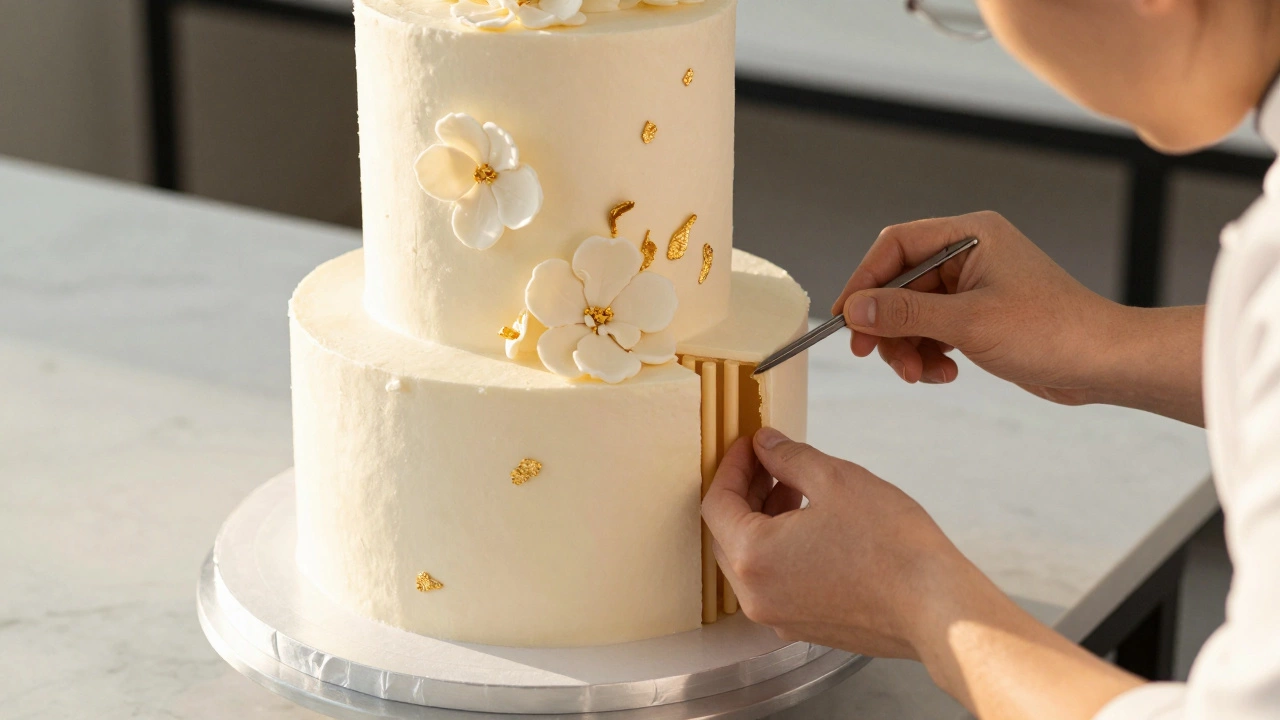
- Jan, 15 2026
- Comments 0
What's a Professional Cake Maker Called? The Real Titles Behind Wedding Cakes
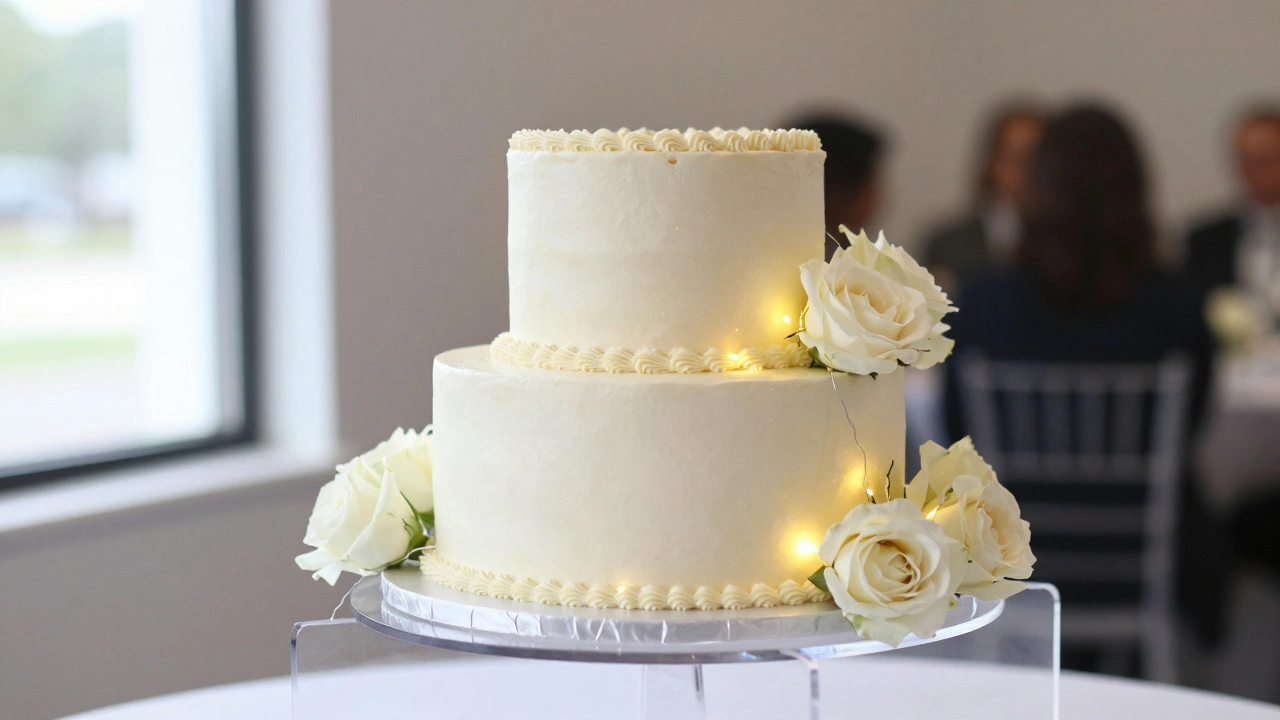
- Dec, 25 2025
- Comments 0
Does Costco Do 2-Tier Cakes? What You Need to Know Before Ordering
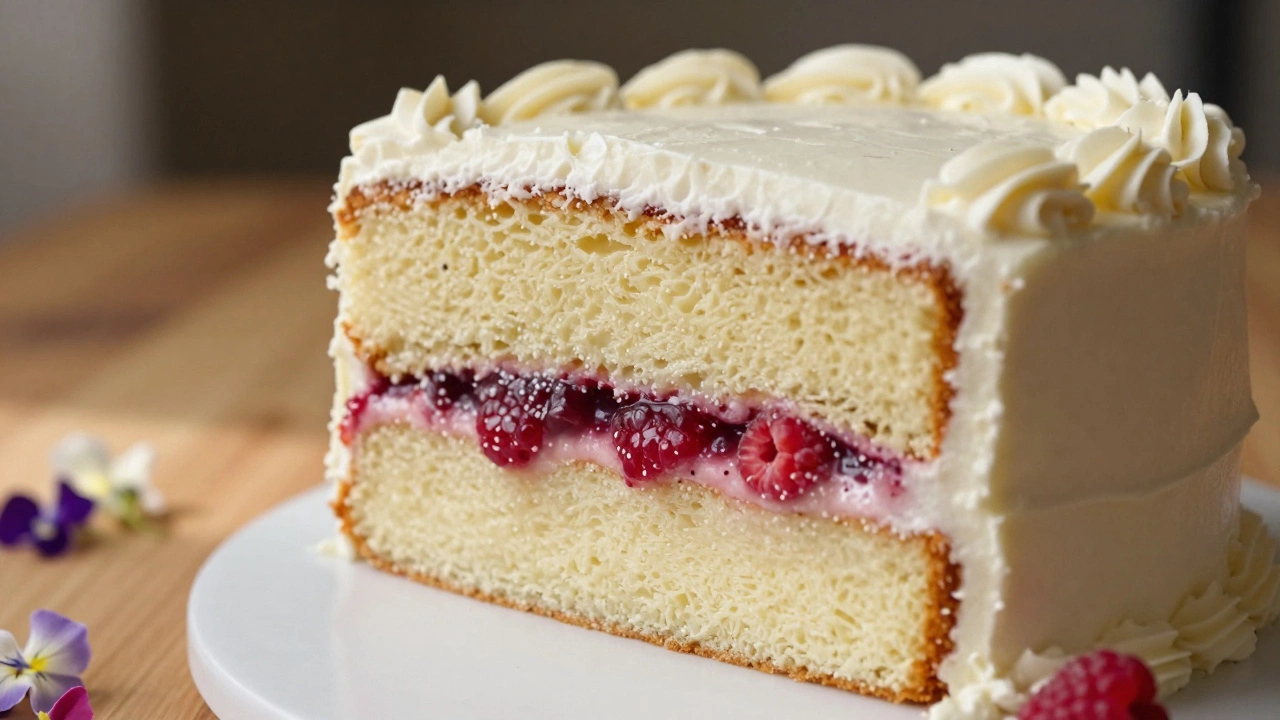
- Dec, 15 2025
- Comments 0
How Many Layers Are in a Wedding Cake Tier?
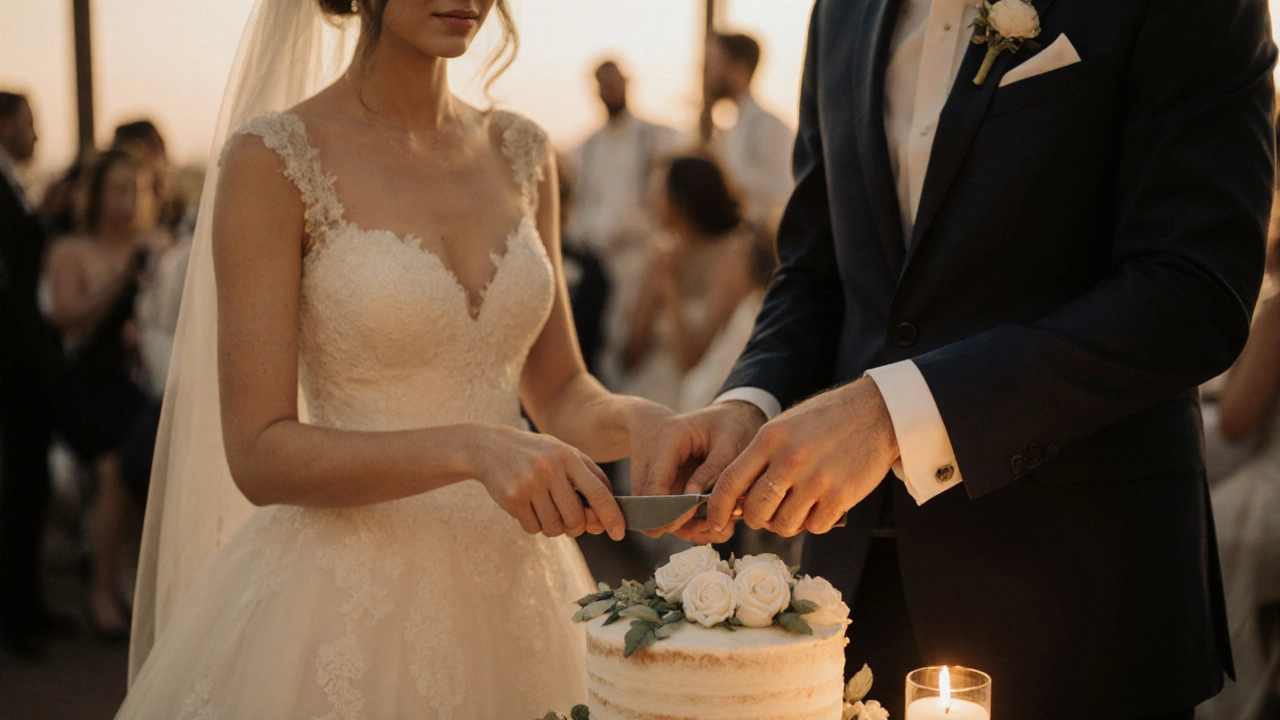
- Nov, 16 2025
- Comments 0
Who Eats the Wedding Cake First? The Real Tradition Behind the Cut
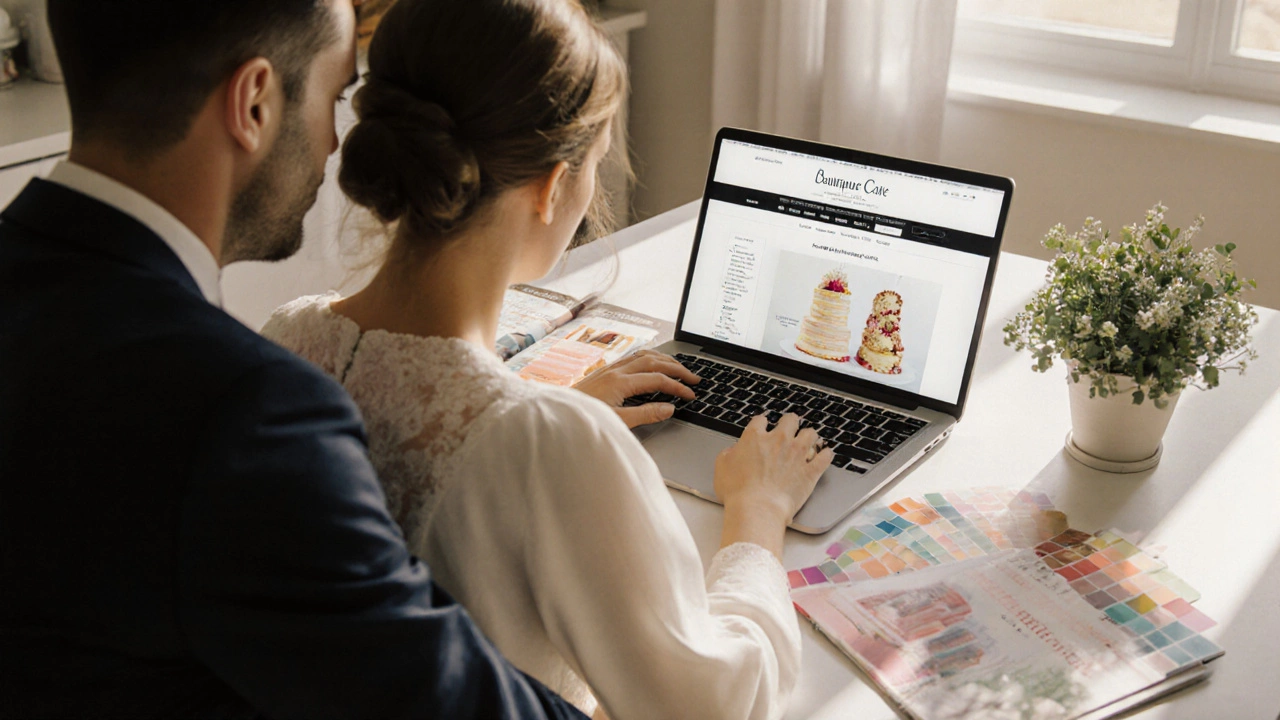
- Oct, 24 2025
- Comments 0
When to Order Your Wedding Cake: Ideal Timing Guide
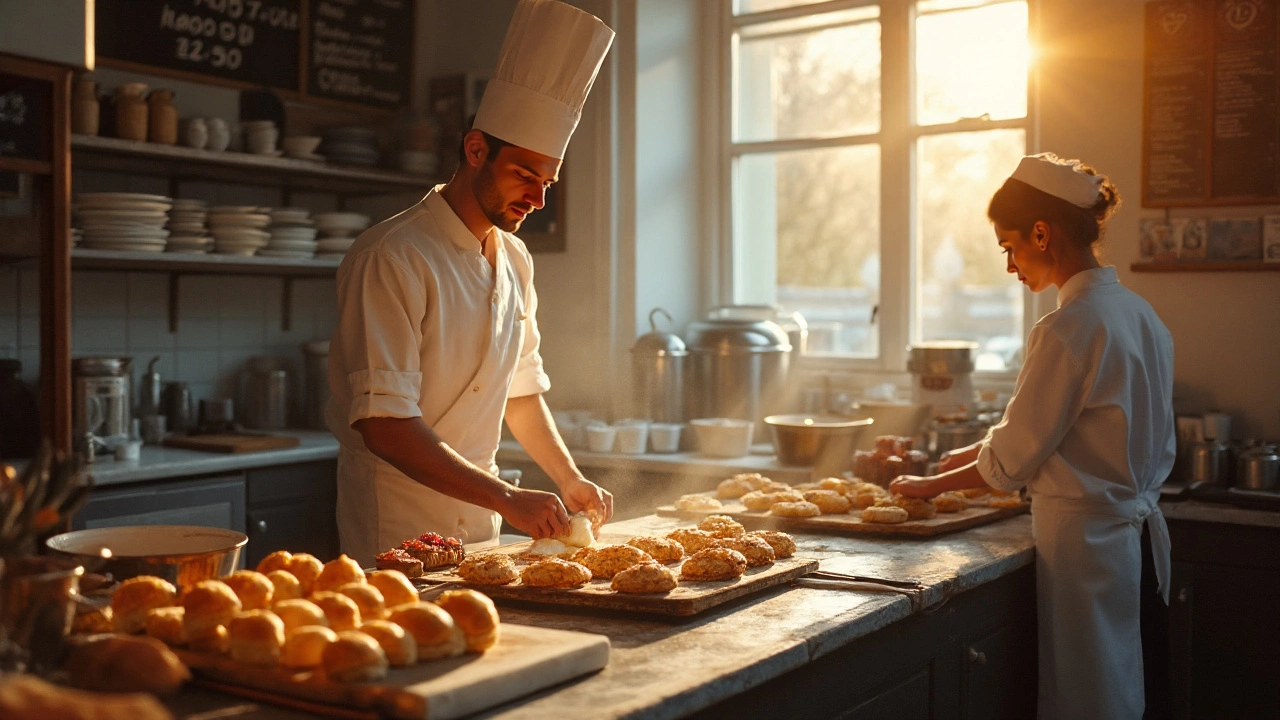
- Sep, 16 2025
- Comments 0
What Is a Fancy Baker Called? Pastry Chef or Pâtissier for Wedding Cakes
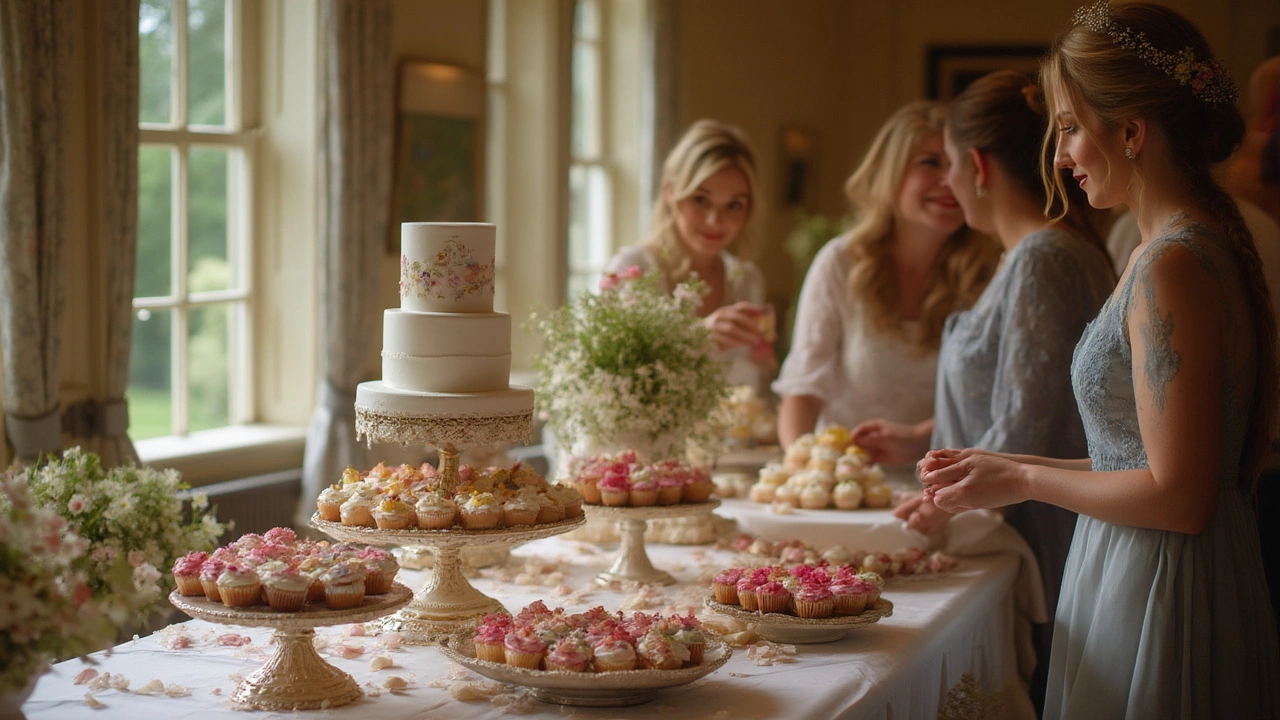
- Jul, 13 2025
- Comments 0
Wedding Cake vs Cupcakes: Which Dessert Saves More on Your Big Day?
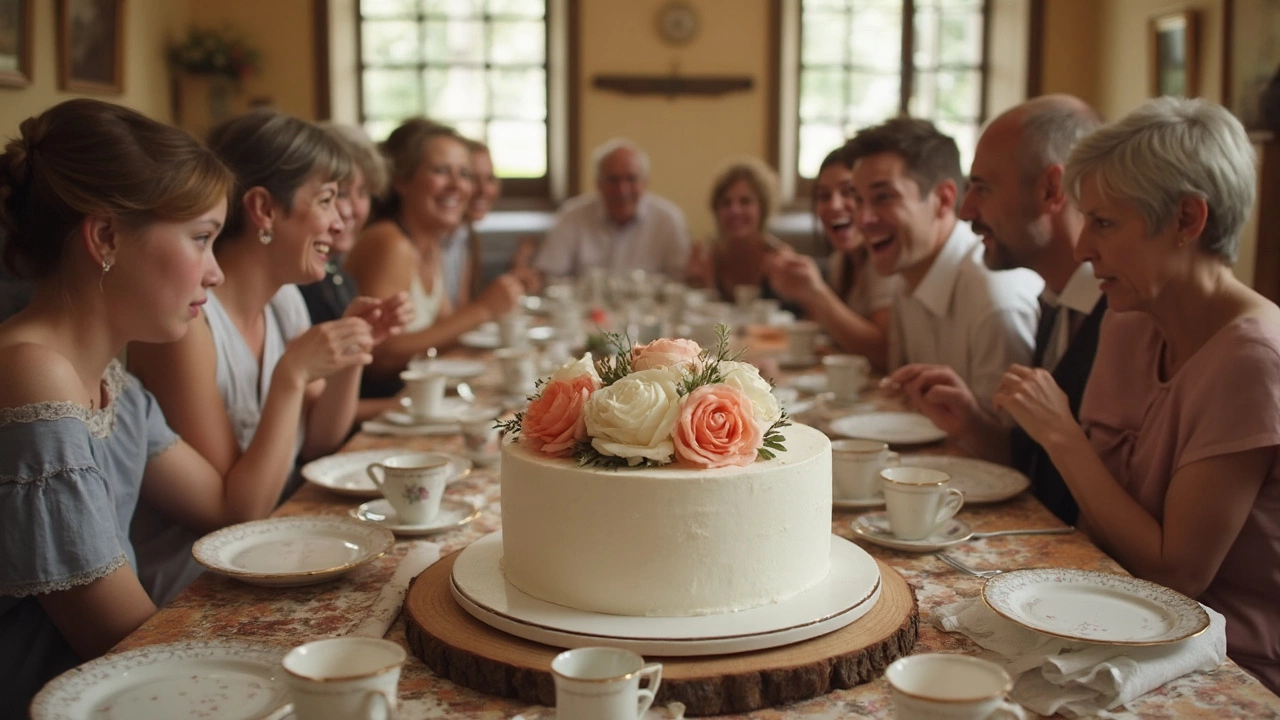
- Jun, 11 2025
- Comments 0
Does Costco Sell Wedding Cakes? Your Guide to What's Possible (and What's Not)

- May, 25 2025
- Comments 0
How Much Should I Charge for a Wedding Cake?
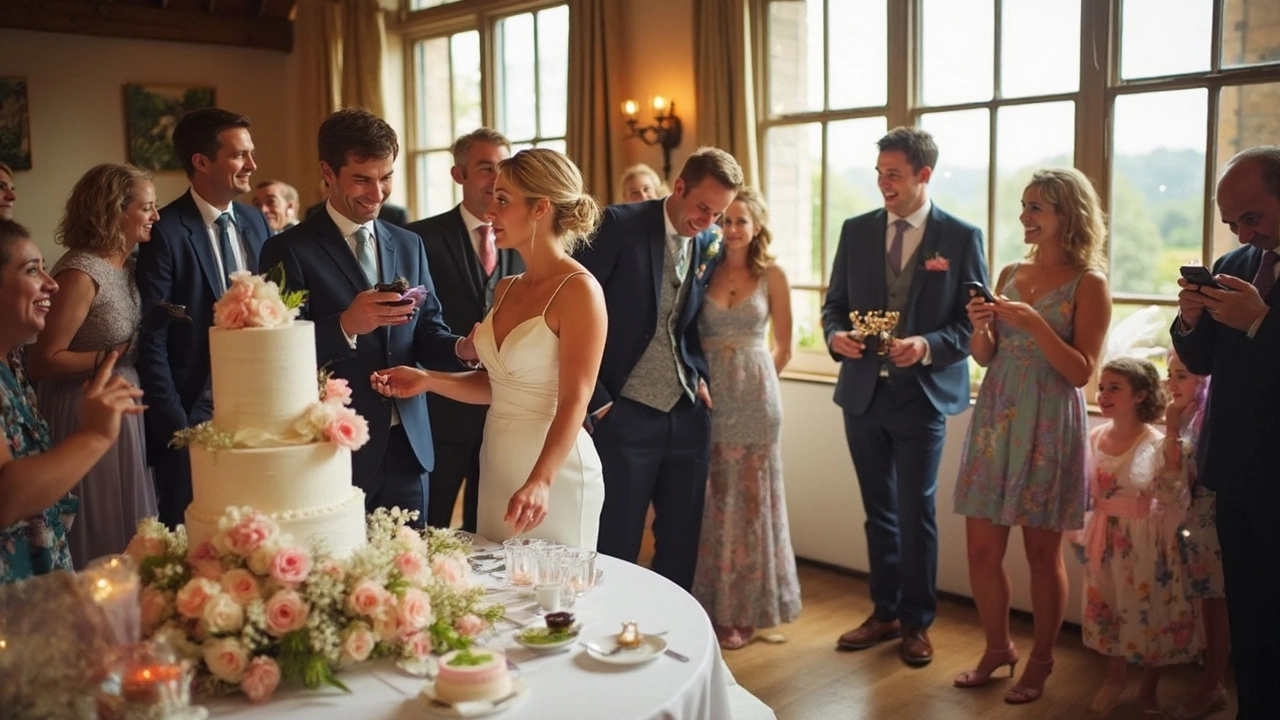
- May, 23 2025
- Comments 0
Why Do Grooms Shove Cake in Brides Face? Wedding Cake Traditions Explained
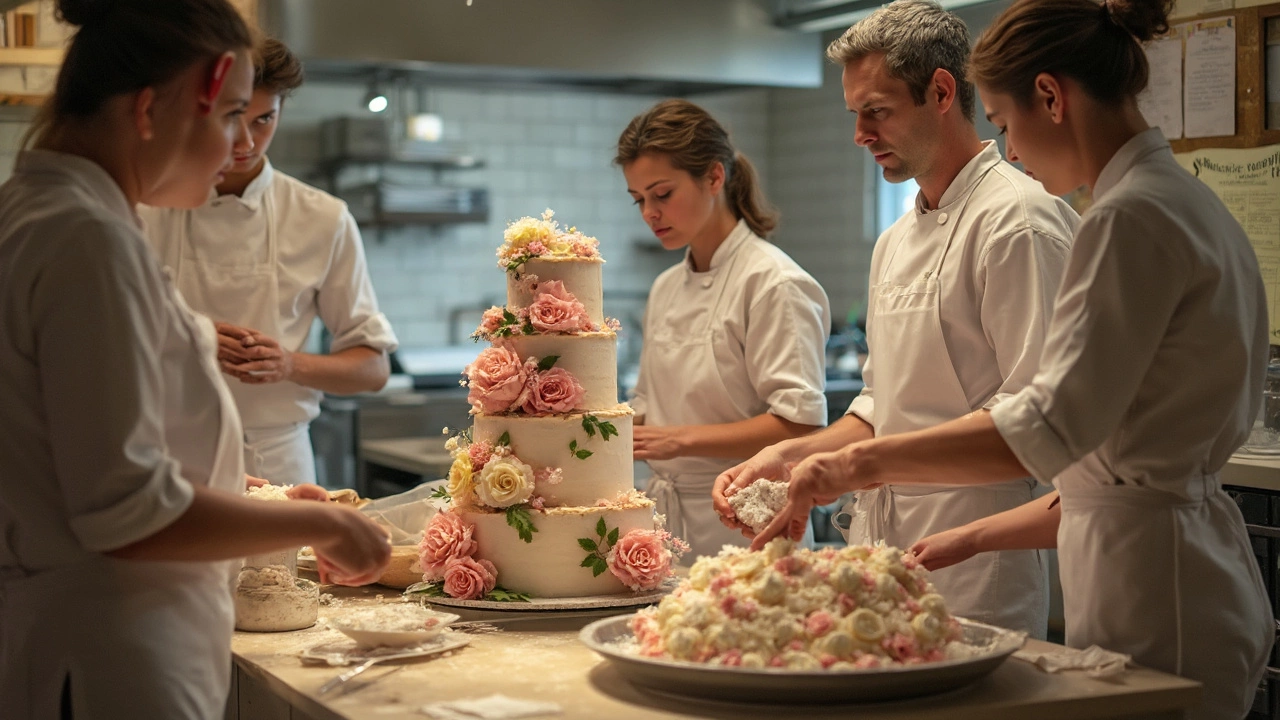
- May, 17 2025
- Comments 0
Why Bakeries Charge More for Weddings: The Real Reasons Explained
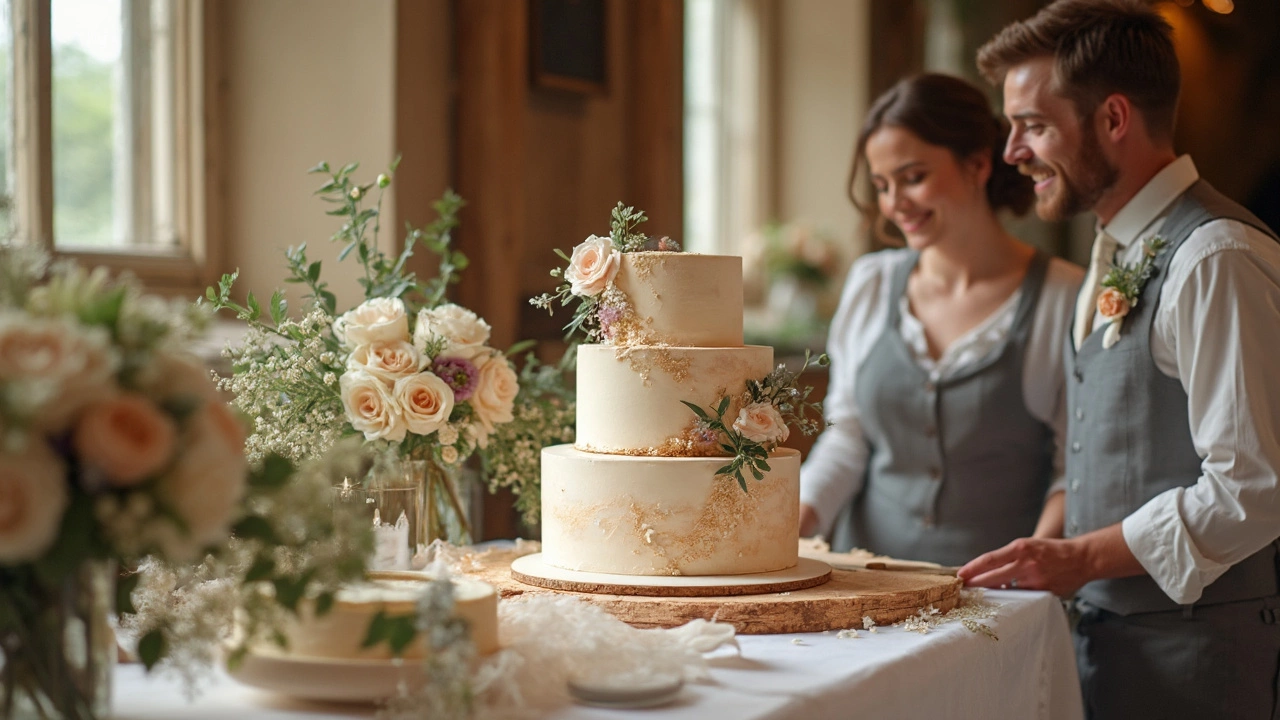
- Apr, 30 2025
- Comments 0